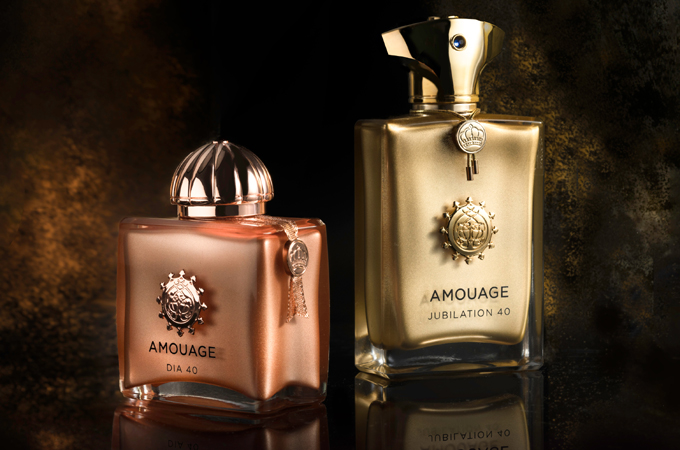Mon, Aug 29, 2016
The 2016 Summer Olympics in Rio de Janeiro, Brazil saw close to 100 records set over the course of the two-week Games.
There were 28 world records broken at Rio 2016. These include records in Archery (1), Athletics (4), Track Cycling (7), Swimming (8) and Weightlifting (8).
There were also 65 Olympic records broken at Rio 2016. These include records in Athletics (6), Canoe Sprint (2), Track Cycling (10), Modern Pentathlon (7), Rowing (1), Shooting (20), Swimming (14) and Weightlifting (5).
It was the 27th time since 1932 that Omega was the timekeeper for the Games, where it used cutting-edge technology to measure the record-breaking wins and close finishes.
In the final of the men’s 100-metre butterfly event, Omega recorded the first ever triple-tie in Olympic Game history. Michael Phelps, Chad le Clos and Laszlo Cseh all finished with a time of 51.14 seconds, and the three stood on the podium together in second place to claim the silver medal. The winner of the race was Singapore's Joseph Schooling.
In extraordinary circumstances, all three second-place swimmers touched Omega’s touch pads at the end of the pool to stop their time at exactly the same moment.
Chad le Clos later spoke to Omega about the moment. “It was actually unbelievable. At the time, when it happened, I didn’t understand the significance behind it. But the medal ceremony was an iconic moment for swimming history and the guys were celebrating it like a world record. It was pretty cool.”
BODY AND SOUL
Sometimes, you have to throw your body on the line to win. This is exactly what Shaunae Miller of the Bahamas did in the women’s 400-metre final in athletics. Approaching the finish behind the favourite Allyson Felix, Miller made an instinctive dive of the line.
Omega’s Scan’O’Vision Myria photofinish camera was able to prove that Miller’s torso crossed the line first and her time of 49.44 seconds was enough to beat her rival by just 0.07 seconds.
For the athletes competing in the Games, it can be momentous or heartbreaking when victory comes down to just millimetres. In the men’s single sculls final in the rowing competition, the photofinish picture is perhaps one of the best ever examples of the critical role that Omega timekeeping plays. Both Mahe Drysdale of New Zealand and Damir Martin of Croatia finished with a time of 6:41:34. The athletes and the spectators held their breath while the official photofinish result was checked. The final image showed, that by an incredibly narrow margin, the New Zealander had won.
It is often said that one thousandth of a second is equivalent to the tip of a fingernail. That gives an idea of how close the track cycling women’s sprint final was when Kristina Vogel of Germany beat Team GB’s Rebecca James by just 4/1000ths of a second. In the second of the final races, it was down to the photofinish cameras yet again to separate first and second place. Even though she lost her saddle in the last moments, Vogel’s time of 11.312 put her +0.004 ahead.
Of course, the event that often gets the most coverage did not disappoint. In the 100-metre final in athletics, the men’s event was won by a smiling Usain Bolt in a time of 9.81 seconds while the women’s event was won by Elaine Thompson, another Jamaican, in a time of 10.71 seconds. Usain Bolt also had the crowd in jubilation as he won the men’s 200-metre final in athletics in 19.78 seconds.
The Olympics was dominated by the US, Great Britain and China, which between them claimed 99 golds and a total of 258 medals.
Team USA emerged the top sporting nation with 121 medals, including 46 golds, 37 silvers and 38 bronzes.











.jpg)











